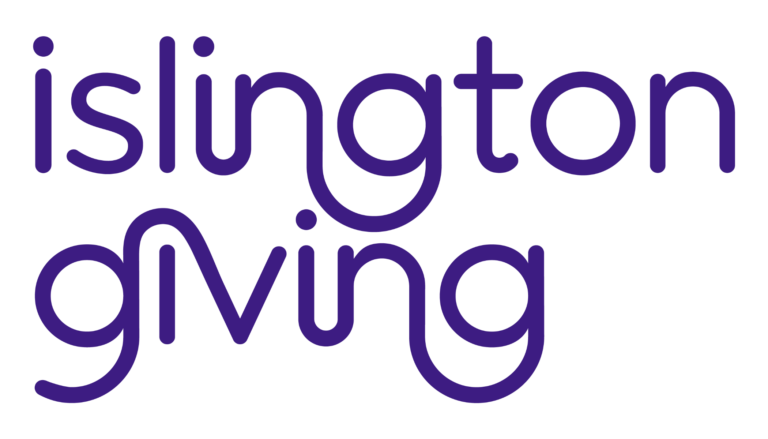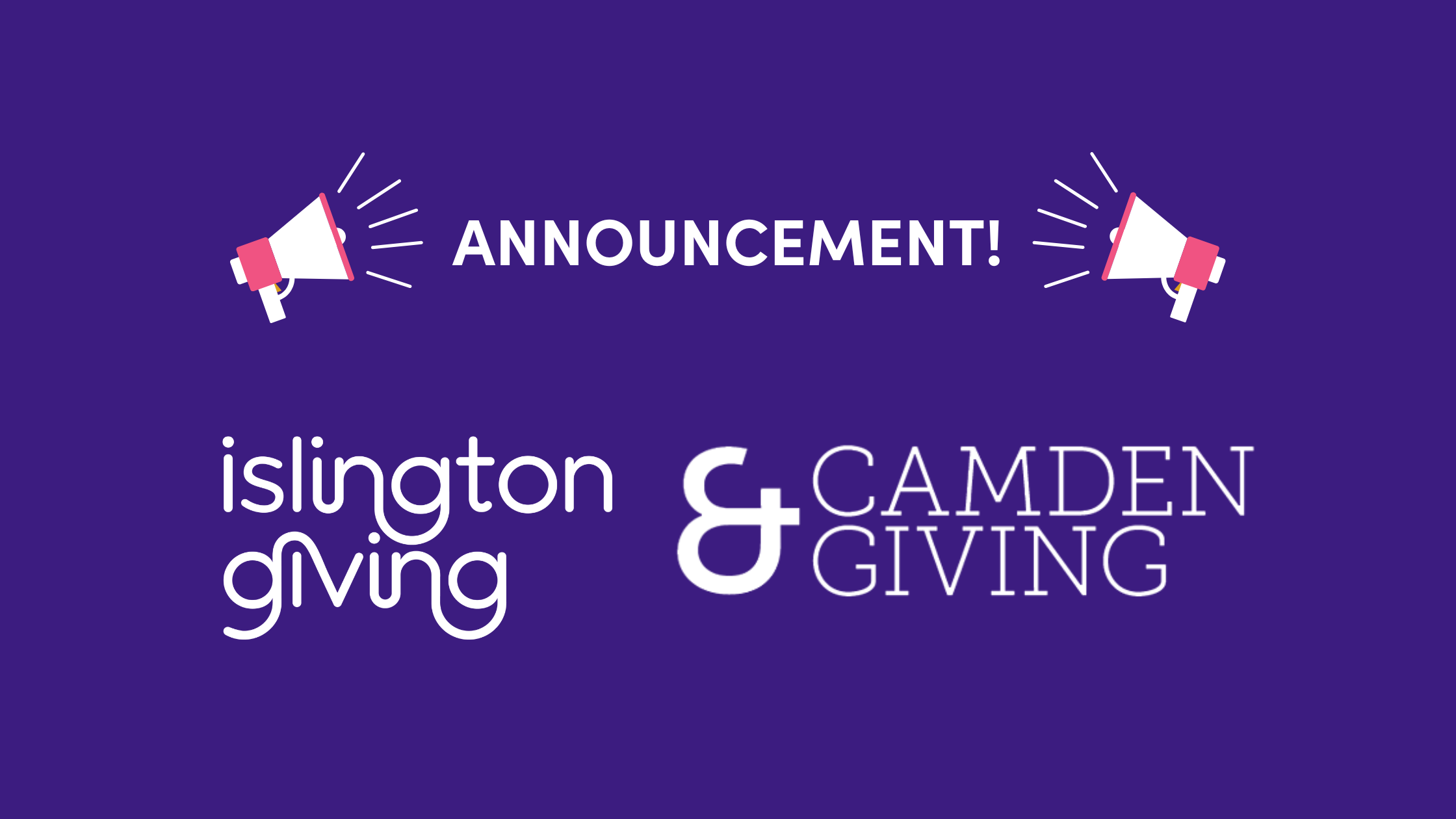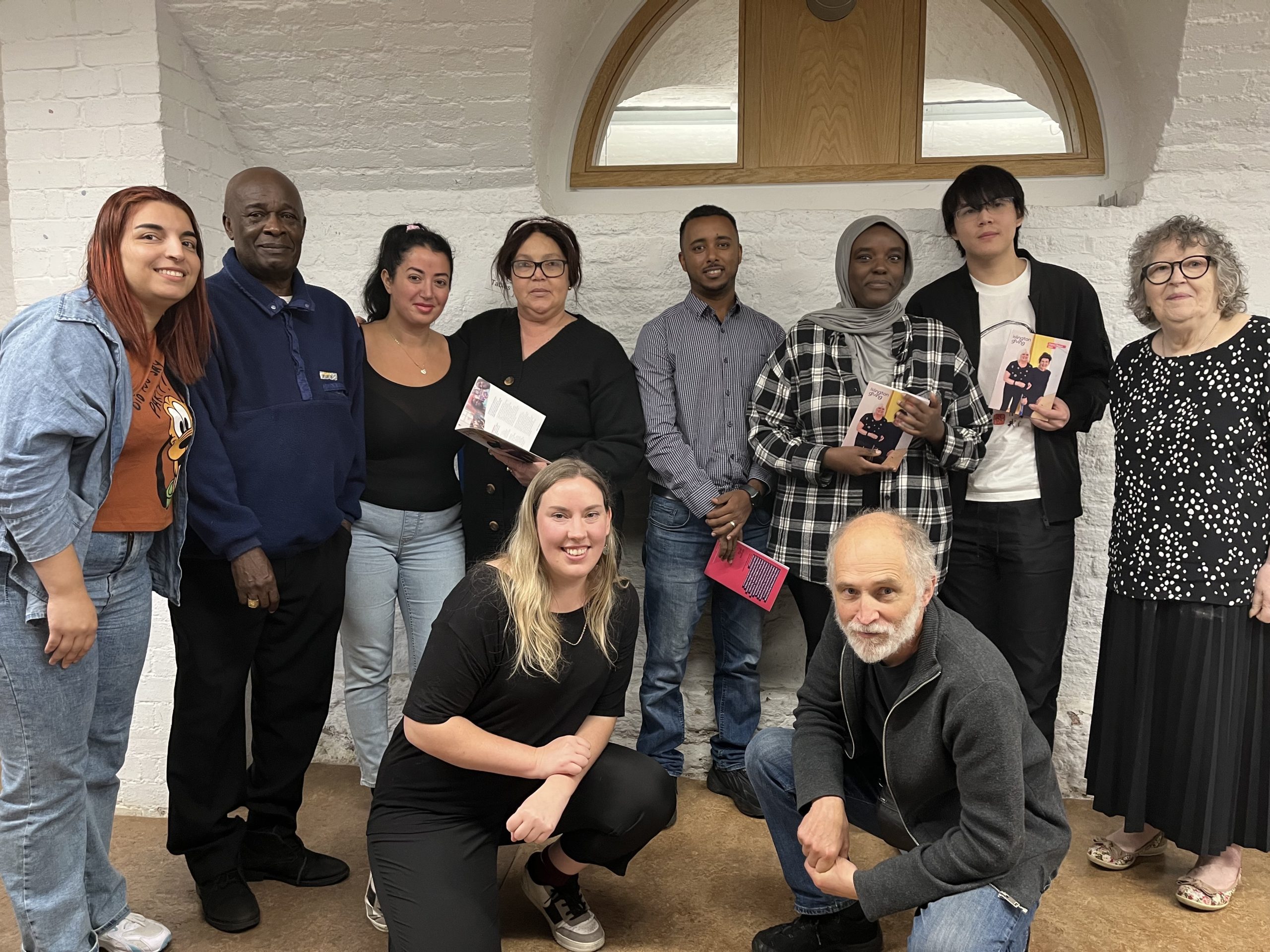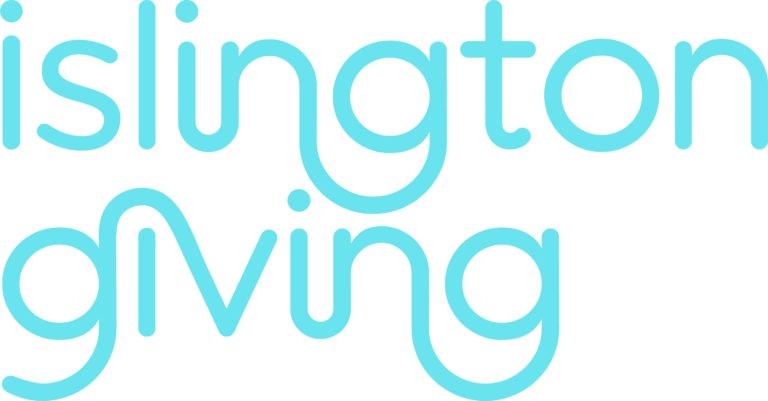In our International Women’s Day series, we explore the theme of #InspireInclusion. Here, Maggie Elliott, Governor at our parent charity, Cripplegate Foundation, shares insight on how funders like Cripplegate Foundation and Islington Giving can inspire more inclusion, empower more women to take on leadership roles, and the impact of women-led organisations.
What role can funders like Islington Giving and Cripplegate Foundation play to inspire more inclusion across their grants and programmes, particularly for women and / or underrepresented groups?
Maggie Elliott: Funders, particularly those with a hyper-local focus like Cripplegate Foundation and Islington, have the means, but also the local knowledge to champion the work and ideas of women and underrepresented groups as they seek to change society for the better. It isn’t enough to just wait for charities to ask for funding. Funders need to shake the bushes, know their patch and identify the good work being done out of the mainstream. Unless the work of women and underrepresented groups is found, acknowledged and brought into the light, other funders will not be inspired to make inclusion a priority in their work.
“Funders need to shake the bushes, know their patch and identify the good work being done out of the mainstream.”
From your perspective, how can we encourage and empower more women to take on leadership roles within philanthropic organisations like Cripplegate Foundation, ensuring diverse voices are heard and represented?
Maggie Elliott: Encouraging and empowering women should be part of all of our work as a place-based funder. At Cripplegate and Islington Giving, many of our trustees are women; many of our staff are women; and many of our beneficiaries – as charities and beneficiaries of those charities are women. What we may need to acknowledge, when considering women in leadership roles specifically, is that they mean need support, training and experience to develop the confidence to take on more responsibility. Can we use our convening capability to develop networks to support women and underrepresented groups to step up and take on more leadership roles – as trustees, as charity leaders?
“We need to foster this diversity of thought and action. Women-led organisations are not better than those run by men. They are simply different.”
What impact can women-led organisations have on fostering diversity and inclusion?
Maggie Elliott: Women bring a different perspective to leading organisations than men. In some cases this might be reflected in a more risk-averse style or a focus on collective decision-making, but these may simply be stereotypes. We’ve recently heard that women’s brains do in fact behave differently to men’s. We need to foster this diversity of thought and action. Women-led organisations are not better than those run by men. They are simply different. By encouraging the development of more women-led organisations we support the development of a well-rounded society that reflects the needs of everyone living in it.






